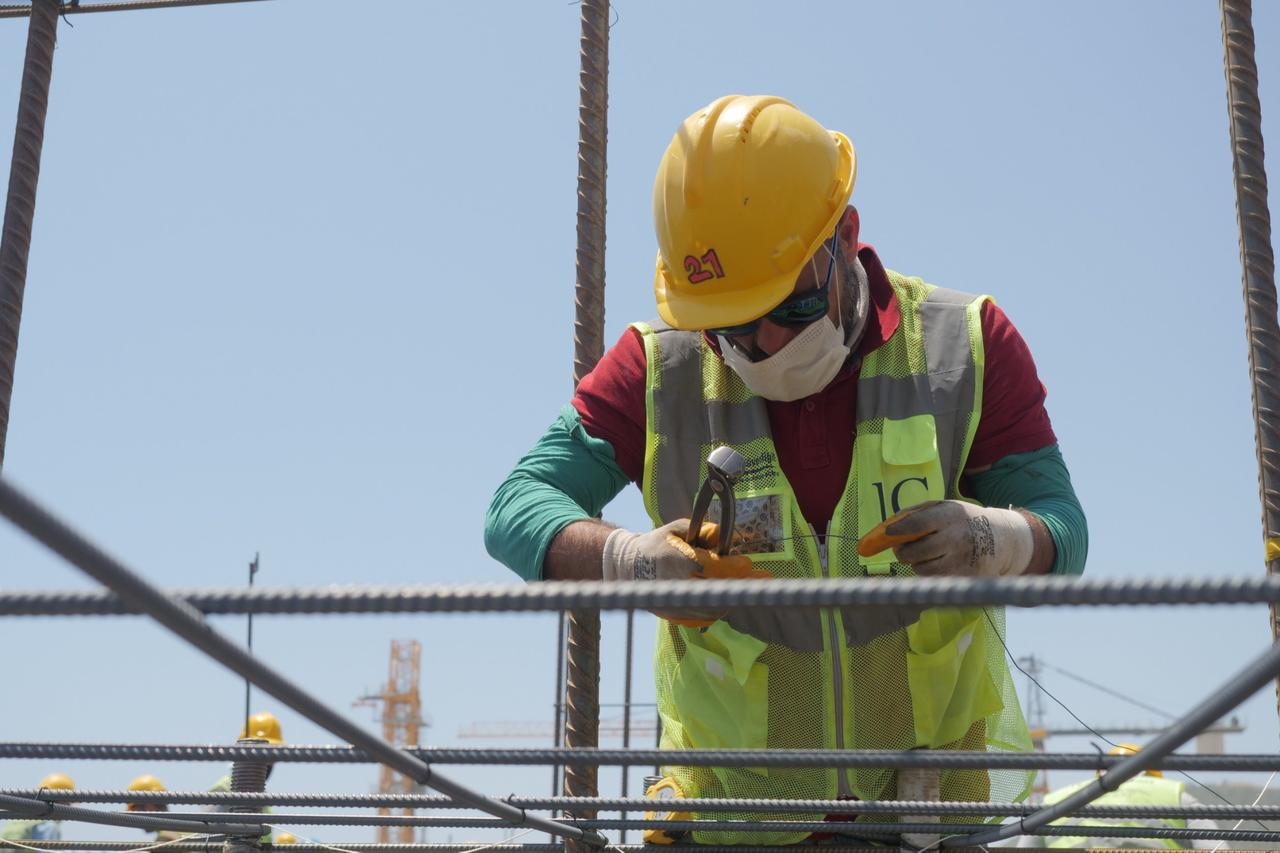
A recent report by the Health and Safety Labour Watch Council (ISIG) has revealed that 961 workers lost their lives in Türkiye due to workplace accidents during the first six months of 2025.
The data points to a persistent crisis in occupational safety, particularly across industries where informal and precarious employment is most widespread.
The report draws from a combination of sources, with 67% of information compiled through national media coverage and the remaining 33% collected through direct accounts from workers’ colleagues, families, unions, experts, and local news outlets.
According to the figures, at least 164 workers died in June alone, following a monthly trend of high fatalities: 180 in January, 124 in February, 159 in March, 156 in April, and 178 in May.
The June figures once again highlight that the highest number of fatalities occurred in construction, agriculture, and transportation sectors, where employment conditions are often insecure and safety standards remain inconsistent.
The sectoral breakdown for June showed 47 deaths in industry, 40 in construction, 39 in service jobs, and 38 in agriculture.
Among the leading causes of death were falls from height in the construction sector, traffic accidents involving drivers and motorcycle couriers, and sector-specific hazards such as mine collapses, crushing incidents in metalwork, and exposure to infectious diseases in agriculture, including Crimean-Congo hemorrhagic fever.
Istanbul recorded the highest number of workplace fatalities in June with 14 deaths. It was followed by Antalya, Manisa, and Sakarya, each reporting seven deaths.
The report also underscored the vulnerability of certain groups. At least four child laborers died in June—three working in agriculture and one in the metal sector. In total, 15 of the deceased workers were women, employed in a range of sectors including agriculture, food processing, education, healthcare, hospitality, and general services.
Additionally, the toll included four Syrian nationals and one Afghan, all of whom were working in high-risk sectors such as agriculture, mining, food, and construction.
According to experts, these deaths point to the ongoing challenges faced by migrant laborers in Türkiye, who are often employed under informal or unregulated conditions.